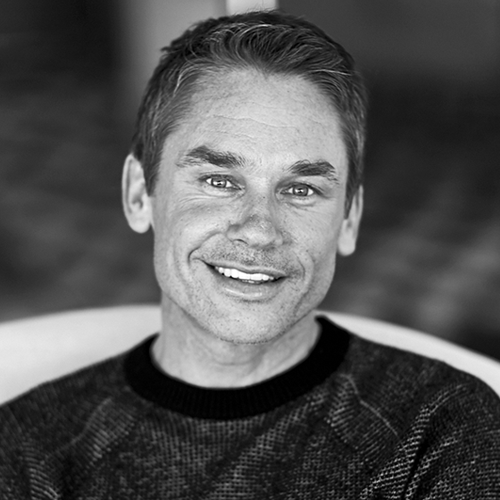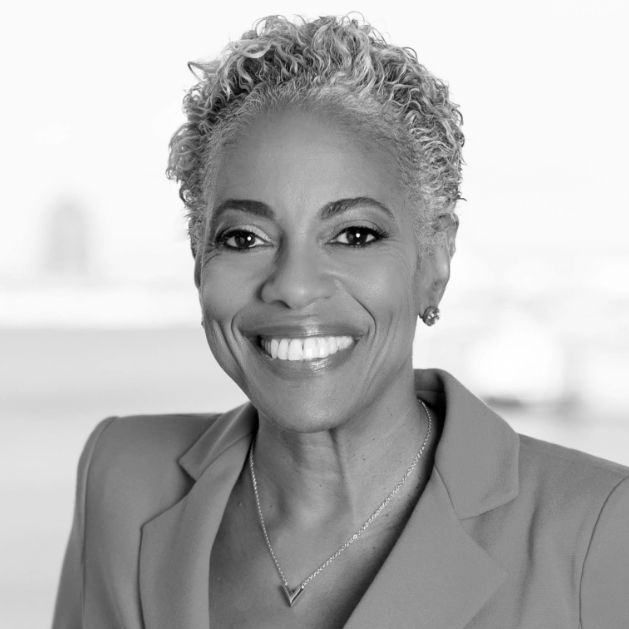Two Workplace Qualities for Our Time: Resilience and Courage


Resilience and courage: these two qualities gained new importance in the world of work over the past year as employees navigated layer upon layer of crisis–the pandemic, recession, and racial-justice movement after the death of George Floyd. So it’s fitting that these virtues were the focus of two mini-masterclass sessions presented this week during Harvard Business Review’s virtual event on Leaders Who Make a Difference.
Marcus Buckingham, the author and business consultant who leads research at the ADP Research Institute, talked about the importance of building resilient teams. And Vernā Myers, VP of inclusion strategy at Netflix, spoke on having the courage to fight for a more inclusive workplace.
Buckingham kicked off with an overview of ADP’s latest Global Workplace Study, which surveyed more than 25,000 employees from 25 countries to understand engagement, resilience, and the impact of Covid-19 on the workplace in 2020. He focused on resilience, “one of those things that are really important, but you can’t count,” he said. “Our focus was trying to understand what enables people to be resilient, to have a reactive frame of mind that enables you to take on the challenges that the world throws at you.”
Some surprising findings: resilience wasn’t hugely impacted by gender, age, the type of work people do or the country they live in. “What was much more powerful as a driver of resilience was an intimacy with Covid itself,” Buckingham explained, meaning people who experienced it or knew someone who had. Findings showed employees were almost three times more likely to be highly resilient after a personal experience with Covid-19; they were also highly resilient if they experienced five or more changes in the workplace.
These findings should be telling for leadership, Buckingham said: “Your people don’t fear change, they fear the unknown.” As for how workplaces address Covid, he added, “we don’t need modifications or sugar coating–but please don’t rush us back to normal if you think rushing us back to normal is going to be filled with uncertainty and the unknown.”

Buckingham broke down ten components of workplace resilience, which you can read more about here, then categorized them under senior leaders, team leaders, and the self. Senior leaders, he said, should be one step ahead of events, always do what they say they’re going to do, and instill trust in employees.
Team leaders, he continued, should tell employees what they need to know before they need to know it, instill trust, and encourage them to take risks. He stressed one-on-one communication: “The best leaders are checking in, one by one,” he said. “Research shows the simplest way to drive engagement is frequent, light-touch check-ins about the near-term future. Asking two questions: ‘What are your priorities this week?’ and ‘How can I help you?’”
Resilience among individuals depends on agency and compartmentalization. Agency means personal control by employees over how and when they do their work. During Covid-19, Buckingham said, it’s about setting “stress-recovery rituals” at a time work and life have bled into each other–like taking daily walks or reserving one day of the week to cook with your child. As for compartmentalization, it’s “almost the opposite of catastrophization,” a balance of being realistic about challenges ahead while bringing focus to accomplishing the tasks at hand.
Buckingham concluded his mini-masterclass with a tip to avoid burnout. “The most resilient people find love in what they do,” he said, which might sound syrupy, but the important point was how he modified the statement. It doesn’t mean you love everything–instead you identify what he calls “red threads,” the gratifying things about the work you do. “If you can weave a working life in which you wake up every day ... and know the activities that will bring me strength today, then tomorrow, I’ll be so much more resilient because my work isn’t something to escape from, it’s something that invigorates.”
Vernā Myers kicked off her mini-masterclass by outlining “the four Cs” that encompass Netflix’s inclusion and diversity vision: consciousness, competency, compassion, and courage. After the death of George Floyd, she said, “Something shifted–not just in me, but in other people as well who could finally see the reality of anti-Blackness and colorism.” The resulting consensus call for change, she said, means it’s time for courage in U.S. workplaces.
“I boldly declare that we’re not just talking about change, we’re talking about transformation,” she said. “Not tinkering, not programs, not trainings or statements, and not claiming how good we are as people, but wholesale transformation.” Such transformation requires companies to welcome new perspectives, different life experiences, and radical alternatives.

Myers recounted a visit to Harriet Tubman’s birthplace in Dorchester County, Md., and feeling deeply inspired by her leadership and courage as a conductor of the Underground Railroad. “There are five things I think have that kind of ‘Harriet’ courage for our leaders,” she said. The first is self-reflection: “It takes courage for leaders to show up vulnerable,” Myers noted. The second quality is that leaders need to be opportunity-givers. “They must be courageous enough to move beyond their biases and create opportunity … to get people historically underrepresented into positions of power,” she said. In that vein, companies must examine policies or practices that set “norms” that exclude others.
The third component is proximity: “We need leaders who, despite their discomfort with difference, are willing to get close enough to listen to the lived and painful experience of Black folks, the trans community, those who have less than enough financial resources.”
Myers said the fourth quality is for leaders to be bold enough to “stand up and have the courage to actually say something, to interrupt the bias they see.” These kinds of leaders aren’t afraid to push for actual change within companies that are taking only incremental steps toward inclusion.
Finally, a leader needs to serve as an ally, which Myers breaks down into “A for advocate and amplify, L to listen, the other L is learn, and the Y is yield.” Allies remove obstacles for colleagues who have faced barriers or have been undervalued. “It requires the sharing of power and resources,” she said.
Bringing such courage to the workplace can no longer wait, Myers believes, and the payoff will be immense. “Every inequity we see and do not correct, we are made worse for it,” she said. “If we do not transform the situation it will contort our souls, communities and future generations.”
Emily Nonko is a Brooklyn, NY-based reporter who writes about real estate, architecture, urbanism and design. Her work has appeared in the Wall Street Journal, New York magazine, Curbed and other publications.
The From Day One Newsletter is a monthly roundup of articles, features, and editorials on innovative ways for companies to forge stronger relationships with their employees, customers, and communities.